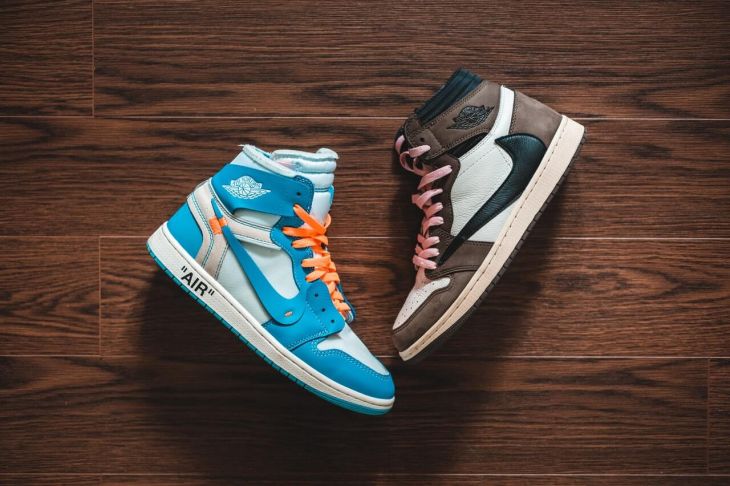
You must first determine your foot type and the type of shoe that best supports your arch and running style in order to find the best running shoe for you. The right shoe can help you avoid injury and improve your performance.
Running forces you to land on the outside of your foot and roll inward. Pronation is the term for this inward rolling.
Pronation & Foot Type
Neutral arch, low arch, and high arch are the three types of foot. The direction and severity of how your foot rolls – or pronates – is influenced by the height of your arch. The three types are listed below, along with how they are most likely to behave:
In most cases, a neutral arch causes the foot to roll to a healthy position.
Overpronation is caused by a low arch, which causes the foot to roll inward excessively.
A high arch causes the foot to underpronate, or roll in slightly at impact.
How to Determine Your Foot Type
Take a look at your running shoe's bottom. Your foot type will most likely be revealed by the wear on your shoes.
You have a neutral arch and are a normal pronator if your shoe shows even wear.
You are an overpronator and have a low arch if the inner soles of your shoes are usually worn down.
If you have excessive wear on the outer soles of your shoes, you are an underpronator with a high arch.
There are three different types of running shoes.
It's time to find the right shoe now that you know your foot type. There are three types of shoes in general. These classifications aren't always obvious on the shoe or box, so ask a salesperson or do some research online. This information can usually be found on a company's website.
Shoes for Stability
Runners with normal arches and only minor control issues should wear stability shoes. Extra arch-side supports and high-density foam provide added stability in these shoes. Stability shoes have a gentle arch from front to back, which provides rear-foot stability and forefoot flexibility.
Shoe with Motion Control
Flat-footed and heavy runners who overpronate will benefit from motion control shoes. The rigid devices in these shoes are usually made of plastic, fibreglass, or high-density foam. For added stability, the arch area of motion control shoes is filled in, which is why the midsole is a different colour. These shoes have extra rigidity to keep the heel from turning out and the foot from overpronating.
Cushioned Footwear
People with high arches and rigid feet who tend to underpronate benefit from cushioned shoes. This curved shoe is made of lightweight materials that provide minimal rigidity while providing optimal cushioning.
Selecting the Right Shoe
You're ready to find your perfect shoe now that you know what type of foot you have and what type of shoe you should be looking for.
Employees at a good running store will often have a lot of knowledge about shoes and will be able to help you choose a pair that will support your foot type.
Remember these five pointers when trying on shoes:
- When your foot is the most full, try on running shoes at the end of the day.
- Wear the same socks, orthotics, and braces you would if you were running.
- Check the length and width of the shoe by standing up.
- To ensure that the shoe is comfortable and provides the support you require, do a heel raise, walk, and jog in it.
- Take your time and choose carefully because how the shoe feels in the store is how it will feel when you run.
Because the shock absorption in your running shoes depletes with each mile, you should replace them every 400 to 600 miles. The white midsole material should not be visible through the outsole, and the sole under your heel should not be crushed.






